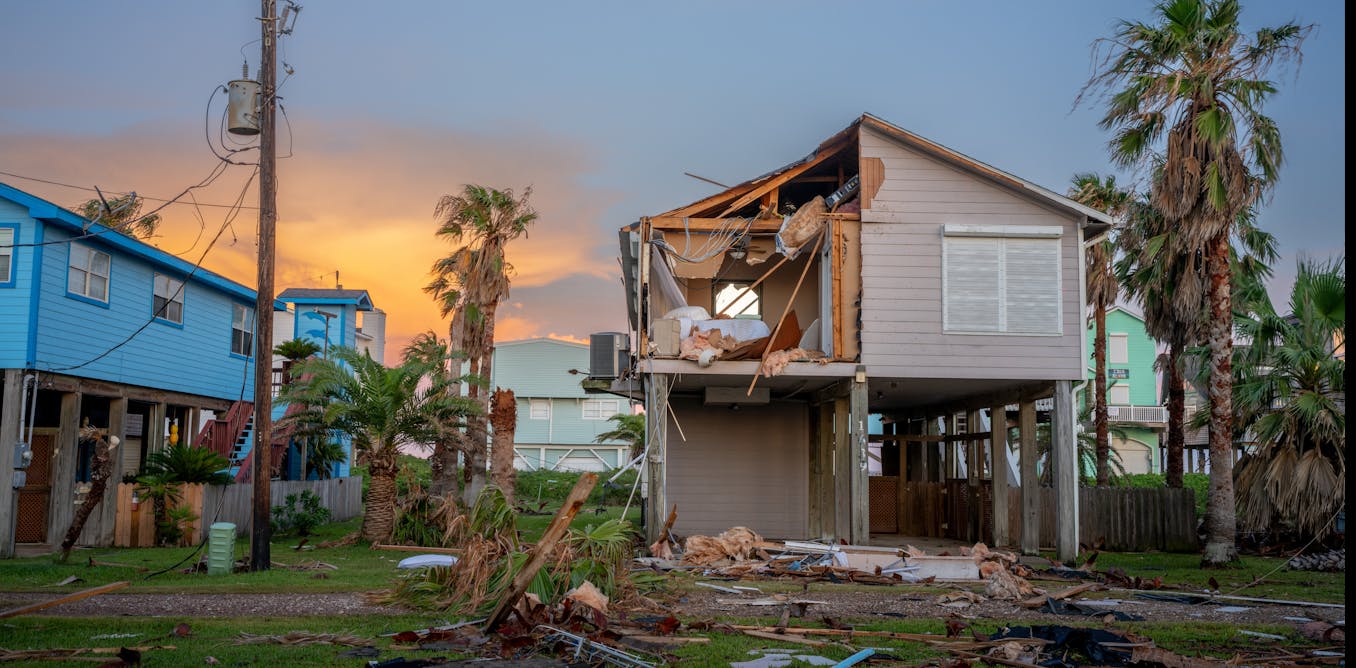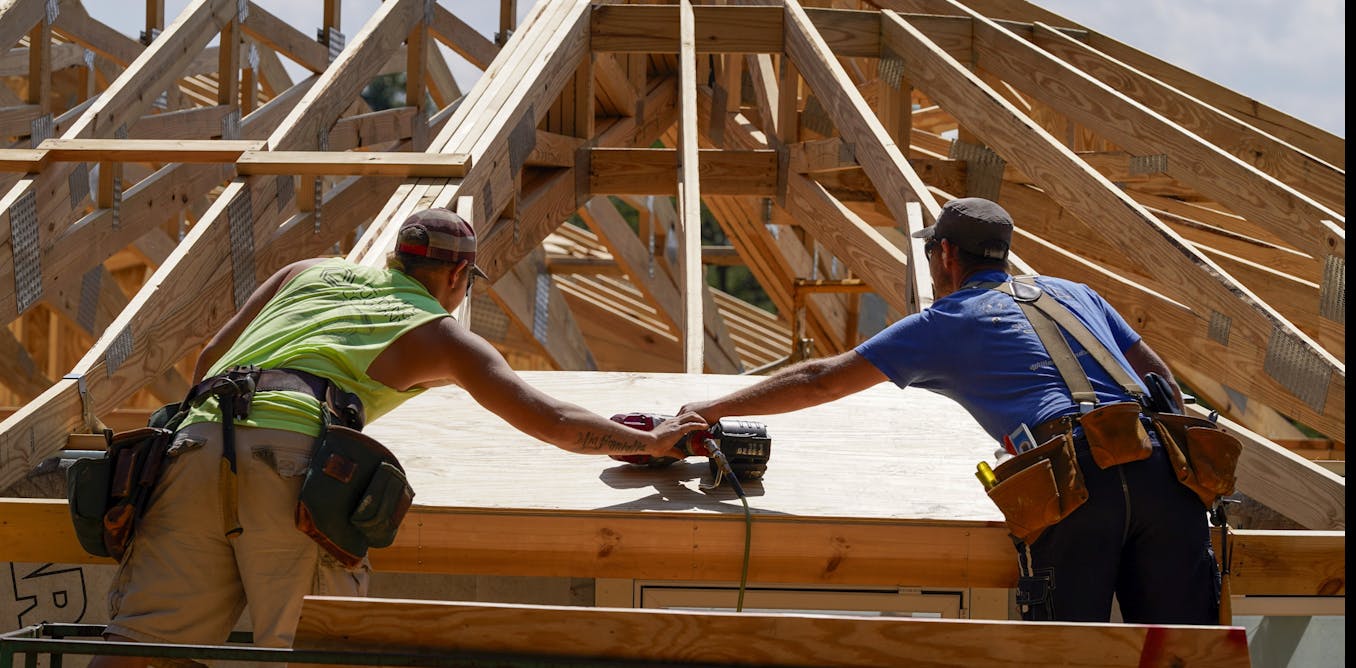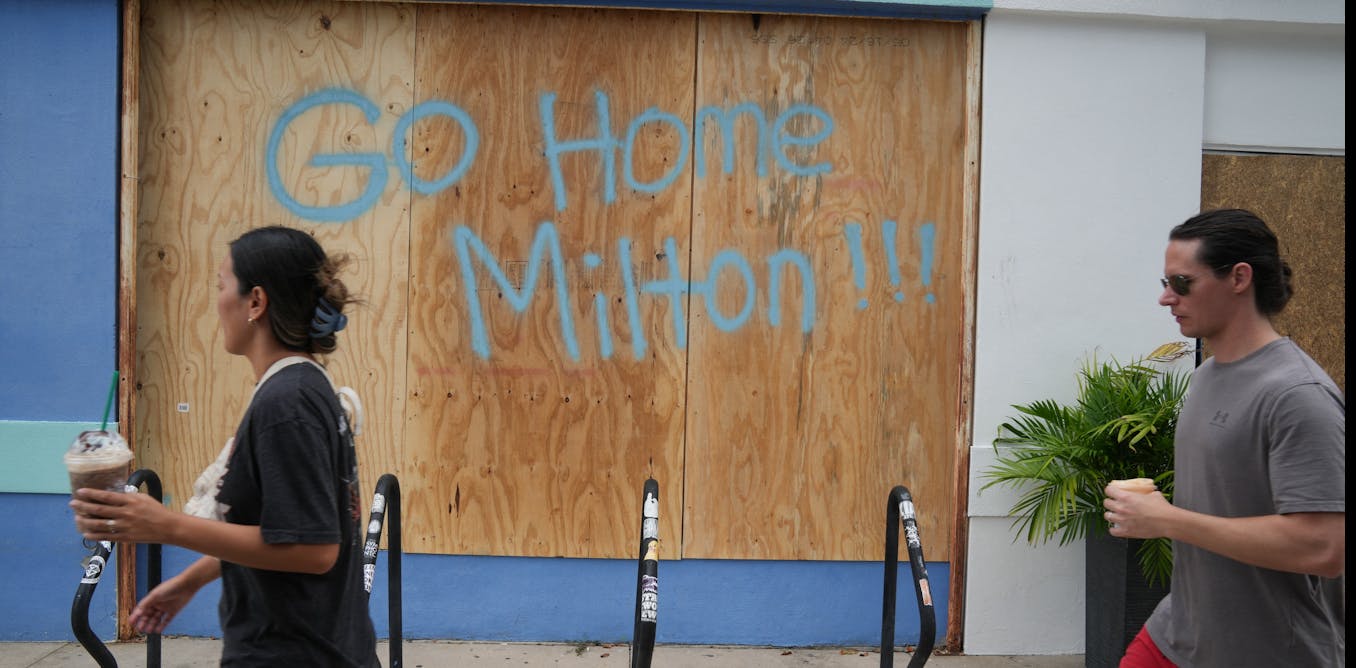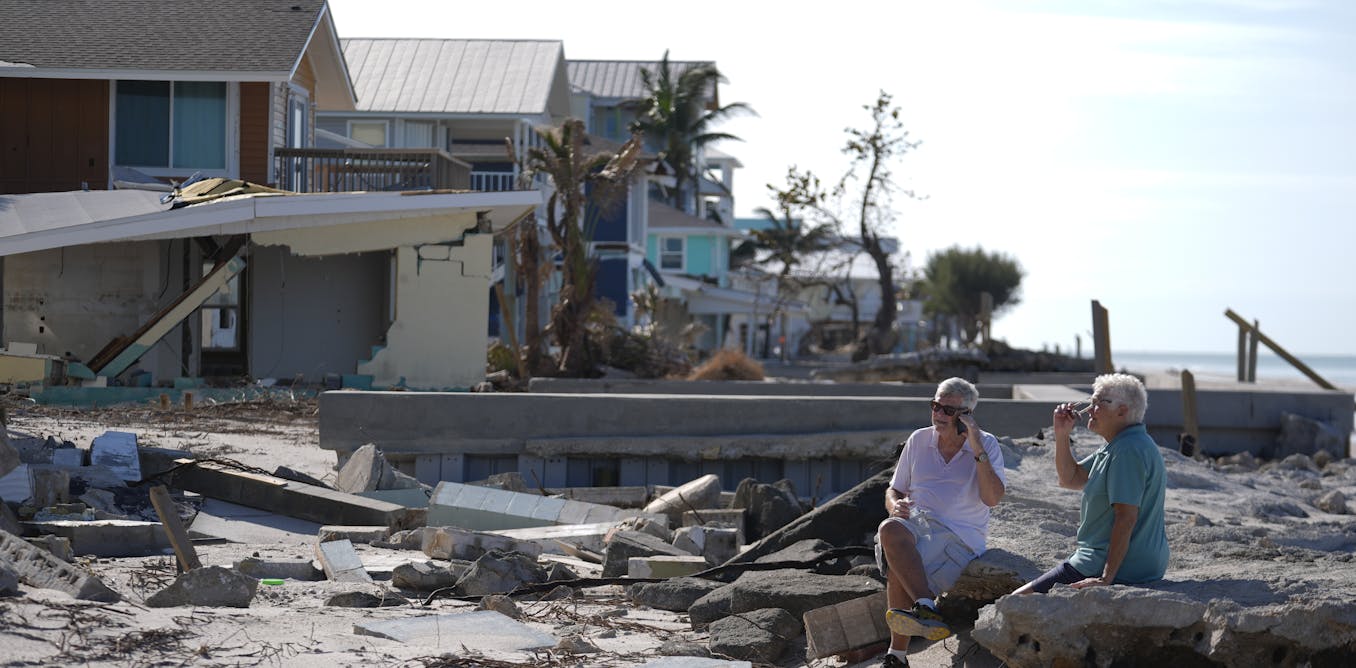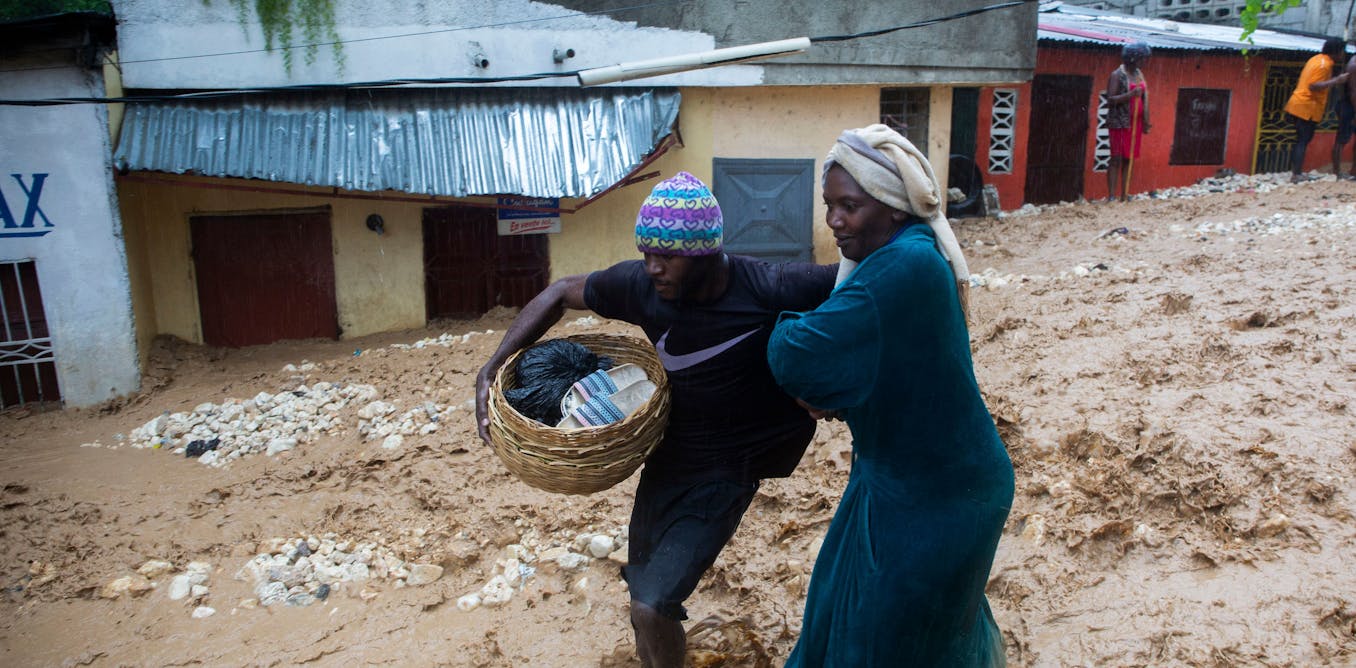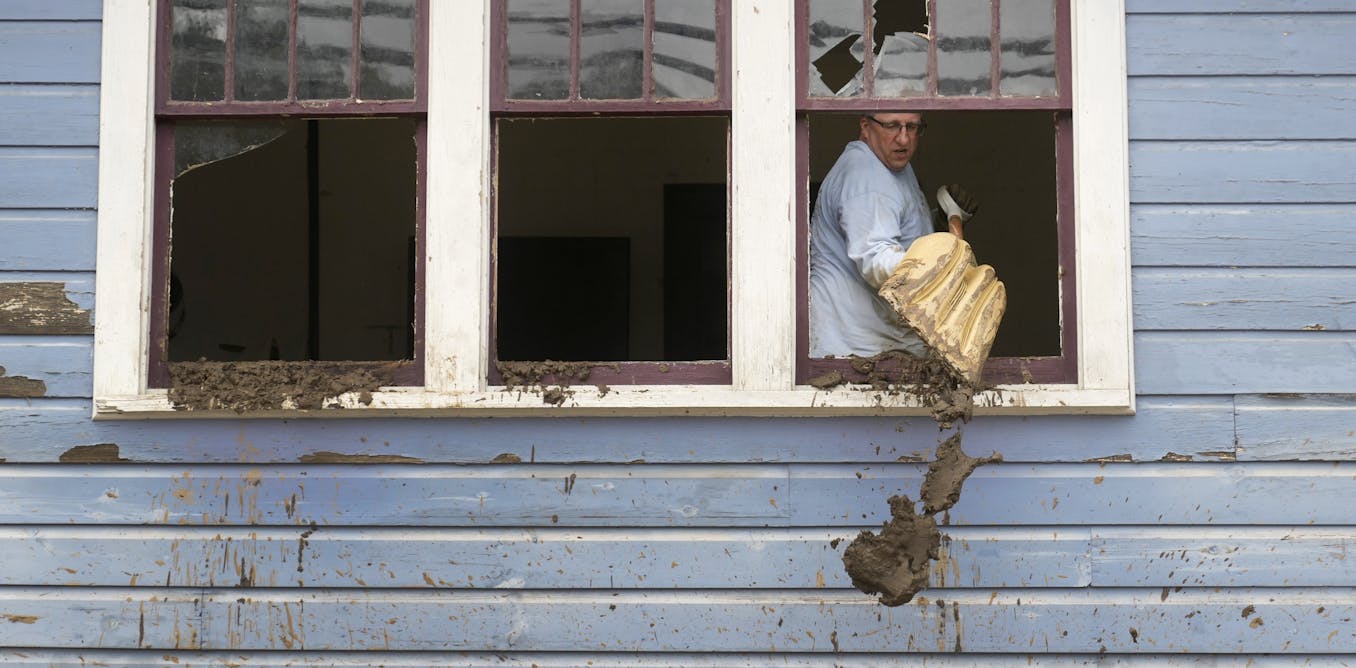Americans face an insurability crisis as climate change worsens disasters – a look at how insurance companies set rates and coverage
Insurance costs are rising quickly across much of the country. Hurricanes are part of the reason, but it’s the other perils common across the Midwest and Great Plains that complicate costs.
Nov. 18, 2024 • ~10 min

